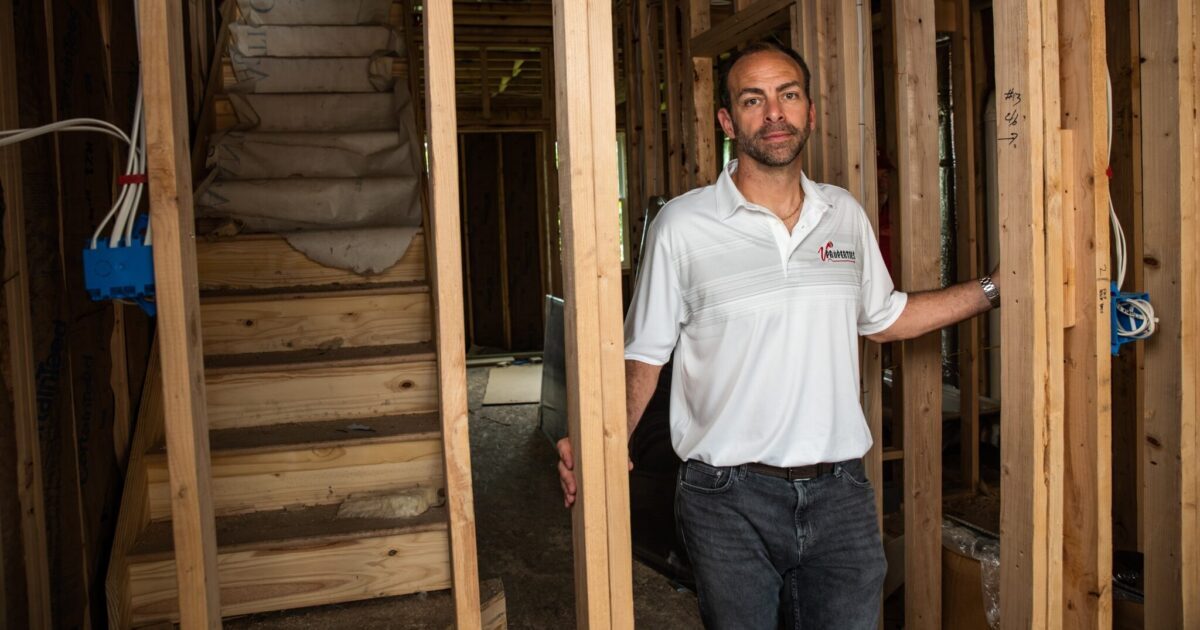Tax Sale of Family-Owned Property is Set Aside by Appellate Court in Pennsylvania
When our clients, the owners/operators of a family-run auto parts and repair shop in South Philadelphia, were notified by the city government that...
2 min read
Nochumson P.C. : Jun 26, 2020 9:00:00 AM

Our real estate developer client had entered into a written contract to purchase a parcel of vacant land in an increasingly popular section of Philadelphia at the time. The intention of our real estate developer client was to purchase this property and then construct a single-family home on it and then sell it to a homebuyer.
On the scheduled day of closing, our real estate developer client reached out to us and stated that he had a strange feeling that the seller would not show up at the closing table and intended to back out of the real estate transaction.
We immediately advised our real estate developer client to file what is called a lis pendens against the property, the reason being that, if the seller did, indeed, back out of the real estate transaction and sold the property to a third party, any such third-party purchaser would be acquiring the property subject to our real estate developer’s right to acquire the property. In other words, by filing the lis pendens, our real estate developer would prevent the seller from reneging on his agreement to sell the property to our real estate developer client even if he sold it to a third party.
In order to file a lis pendens against the chain of title to a property, a plaintiff must initiate a lawsuit against the property owner in the county in which the property is located and then file the lis pendens as part of that lawsuit. In addition, after the lawsuit is formally commenced, the plaintiff must also record the lis pendens which was filed with the court with the Recorder of Deed’s office where the property is located.
Within an hour of the telephone conversation we had with our real estate developer, we initiated the lawsuit against the seller to compel him to sell the property to our real estate developer and, in doing so, we also filed and recorded the lis pendens against the property.
The seller did not, in fact, show up to the closing scheduled for that afternoon. Instead, the very next business day, the seller executed a deed transferring the property to another real estate developer.
When that real estate developer contacted our real estate developer client about its purchase of the property, we alerted that real estate developer that our interest in the property superseded its interest in the property due to the filing and recording of the lis pendens because the deed was executed, let alone, recorded against the title to the property.
The other real estate developer did not agree with our assessment of the situation and instead the parties participated in rather protracted litigation.
After a full day of trial, that other real estate developer finally relented and agreed to transfer the property to our real estate developer for a nominal sum.

When our clients, the owners/operators of a family-run auto parts and repair shop in South Philadelphia, were notified by the city government that...

Our client, a company specializing in real estate development, construction, and management in the Philadelphia region, sought to expand its...

Our real estate developer client sought to convert a newly constructed two-unit residential building into a condominium in a highly desirable...